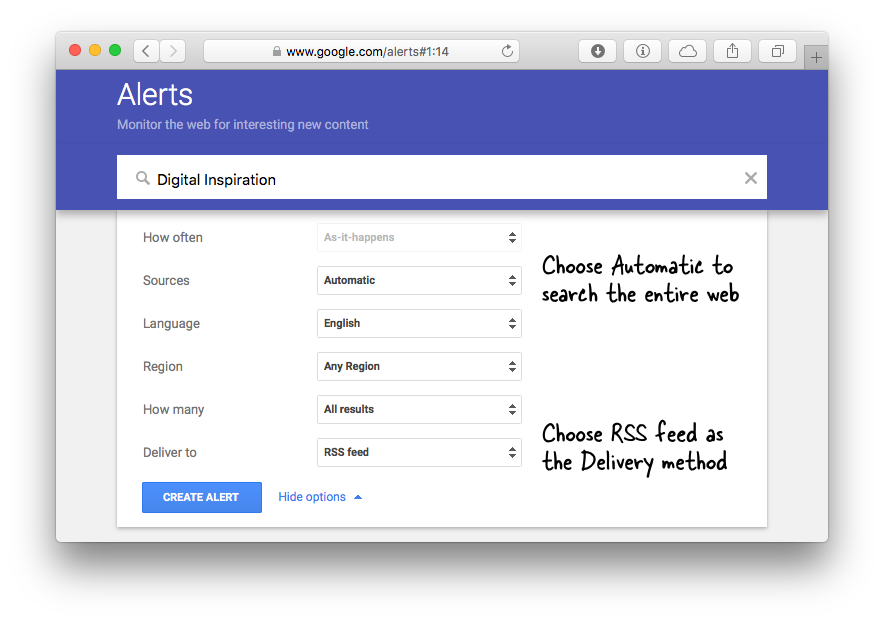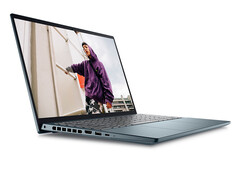
The Mobile Health Consumer app offers employees of companies with a health plan or health benefits program access to their personal health data, wellness programs, and other resources. It helps users navigate the healthcare system. The app gives users access to a vast contact database that allows them to make appointments, find out more about their health, and make informed decisions about their healthcare.
Companies are increasingly looking to get into the mHealth industry. Those hoping to build a mHealth app have to consider the regulations and legal issues involved. It is essential to know the requirements of federal law when an app collects personal health information.
HIPAA is the Health Insurance Portability and Accountability Act. This is one of best ways to protect mHealth apps. This rule provides individuals with rights to their personal health information. It also sets limits for the use and disclosure of protected health data (PHI),
Another important thing to remember is the fact that an mHealth App must meet the needs for its patients. Medical imaging apps, for example, can be a great tool to improve patient care. HIPAA compliance is not always possible with the technology. Similar to HIPAA, a health app collecting information from children might be governed under the Children's Online Privacy Protection Act.

Security is another major concern when it comes to mHealth. While an mHealth application might look simple on the surface, security measures are crucial. There are many options: from encrypted text messaging, to secure transmissions of patient information, to wearable ultrasound probes, and even secure text messaging.
The FDA has many regulations and rules governing mobile medical apps. They use the same risk-based approach to evaluate medical devices. Manufacturers of Class II and Class III devices must register with the FDA. Once the device has been approved by FDA, it can be listed in its database.
Similar rules are also enforced by the FTC for apps that are managed by an individual. Although the HIPAA Regulation is less detailed than it, the FTC Rule applies to apps that can draw data from multiple sources.
The World Health Organization defines mHealth, as a mobile medical practice. Among others, mHealth may be used for disease surveillance, wireless glucose monitoring, or epidemic outbreak tracking.
Another area of interest is point-of-care diagnostics. Smartphones can improve image quality, speed, as well as data transfer. A mHealth app in this area could allow physicians to review and analyze patient data and make treatment decisions.

Lastly, mHealth offers a powerful way to improve the health of people in low- and middle-income countries. The world's 5 billion mobile telephone subscribers live in low and middle-income nations, according to estimates. These areas can have a difficult time finding healthcare. MHealth applications are a great way to improve care and help government health officials reach remote and underserved regions.
Forward-thinking companies can make it easier and more affordable to provide healthcare for their employees by choosing a platform such as Mobile Health Consumer.